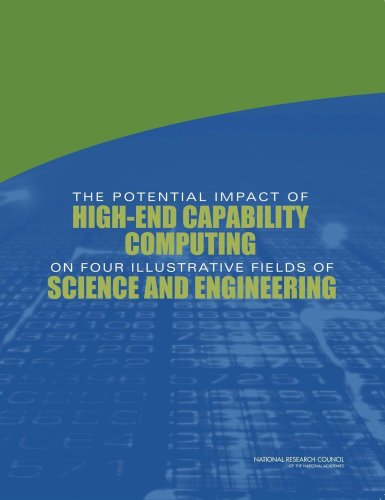

Most ebook files are in PDF format, so you can easily read them using various software such as Foxit Reader or directly on the Google Chrome browser.
Some ebook files are released by publishers in other formats such as .awz, .mobi, .epub, .fb2, etc. You may need to install specific software to read these formats on mobile/PC, such as Calibre.
Please read the tutorial at this link: https://ebookbell.com/faq
We offer FREE conversion to the popular formats you request; however, this may take some time. Therefore, right after payment, please email us, and we will try to provide the service as quickly as possible.
For some exceptional file formats or broken links (if any), please refrain from opening any disputes. Instead, email us first, and we will try to assist within a maximum of 6 hours.
EbookBell Team

0.0
0 reviewsMany federal funding requests for more advanced computer resources assume implicitly that greater computing power creates opportunities for advancement in science and engineering. This has often been a good assumption. Given stringent pressures on the federal budget, the White House Office of Management and Budget (OMB) and Office of Science and Technology Policy (OSTP) are seeking an improved approach to the formulation and review of requests from the agencies for new computing funds.
This book examines, for four illustrative fields of science and engineering, how one can start with an understanding of their major challenges and discern how progress against those challenges depends on high-end capability computing (HECC). The four fields covered are:
This book finds that all four of these fields are critically dependent on HECC, but in different ways. The book characterizes the components that combine to enable new advances in computational science and engineering and identifies aspects that apply to multiple fields.